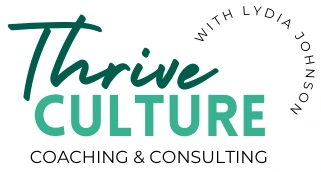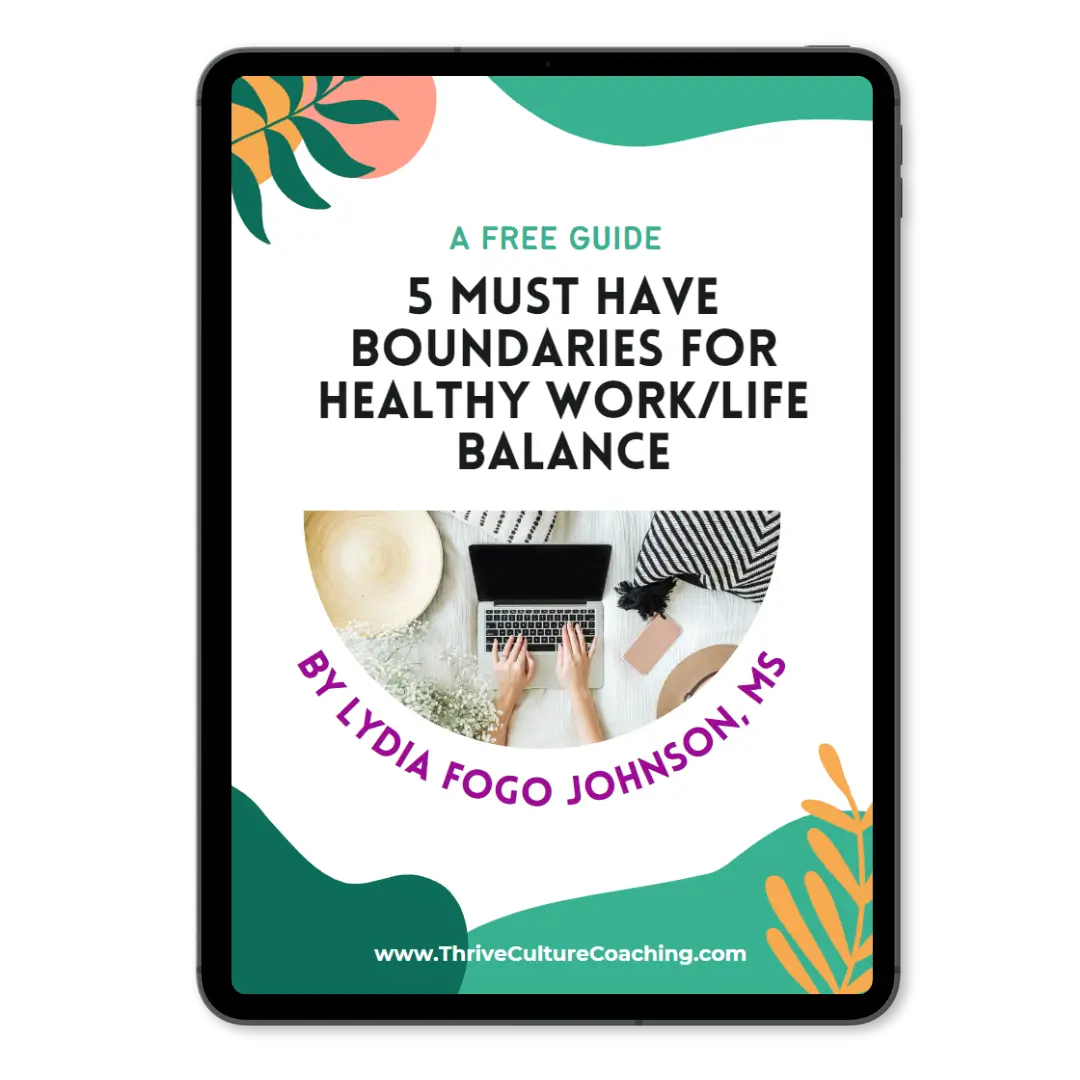
What Burnout Looks Like in Pugs (jk). Photo by Matthew Henry on Unsplash
This Quick Tip Tuesday* is an effort to help you understand what burnout really is so you can be more informed about what to watch out for and get help ASAP if you are experiencing any burnout symptoms.
So, first, a definition of burnout.
What is Burnout, Really?
The World Health Organization (WHO) defines burnout as an occupational phenomenon (but not a medical condition) “resulting from chronic workplace stress that has not been successfully managed.”
The WHO argues that burnout is accompanied by the following three symptoms or attributes:
Burnout Symptom 1: Exhaustion
This isn’t just a little afternoon energy slump— Persistent, chronic levels of exhaustion accompany burnout.
Burnout measures** (aka self-report surveys) use language like…
- After work, I usually feel worn out and weary
- Exhausted in the morning at the thought of another day of work
- Never having enough energy for your family and friends during leisure time
My holistic career coaching clients often use language like “nothing left,” feeling like work “consumes everything they’ve got,” or that their work is “unsustainable” and that they’re “running on fumes.”
Burnout Symptom 2: Cynicism & Negativity
Cynicism toward your work can include your coworkers, clients/students/patients, leadership, the company overall, or your tasks. You may find yourself becoming increasingly negative and unable to see the bright side anymore. Little things that previously would’ve rolled off your shoulders build up and might feel like yet another indicator of everything wrong in your work world.
Burnout measures use language like…
- I don’t really care what happens at work
- I doubt the significance of my work
- I’ve become disconnected from my work
My clients report feeling like they’re not as invested and interested in their jobs as they used to be, “don’t have it in them to care anymore,” and generally report a sense of hopelessness that their situation will improve.
Burnout Symptom 3: Reduced Professional Efficacy
Last, burnout often includes a feeling of reduced performance at work— aka, you might doubt your abilities more often, struggle with imposter syndrome, or question your productivity. This is a lesser-known burnout symptom to watch out for.
Burnout measures use language like…
- I can do my work tasks very effectively (opposite/reverse coded)
- I am easily able to accomplish what I need to do (opposite/reverse coded)
- I can handle problems at work very calmly (opposite/reverse coded)
My clients report feeling upset that they can’t seem to “keep up with the pace anymore,” “aren’t doing well enough,” or “can never get on top of it all.” This often increases shame (e.g., “Everyone else can handle this; what’s wrong with me?”).
Uh oh, I’m Experiencing Burnout Symptoms… Now What?
If you find yourself relating to the above burnout symptoms, please consider this the sign you’ve been looking for:
It is time to take your work-related stress seriously and seek additional support ASAP. It is also time to prioritize your mental health at work AND home.
If left unchecked, chronic stress and burnout can have countless dire effects on our physical health, mental well-being, and general life satisfaction.
Don’t wait until it gets worse. Act early and often. Call in the recruits—whether that’s your besties, your boss, your boss’s boss… or perhaps me. 😉
* If you liked this article, why not subscribe to get these weekly Quick Tip Tuesday emails sent directly to your inbox? Sign up below– form in the footer!
** These items are drawn directly from or inspired by a few scales, including the Maslach Burnout Inventory, the Oldenburng Burnout Inventory, and the Copenhagen Burnout Inventory.




Share